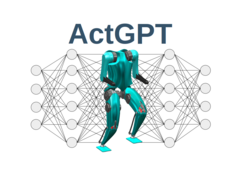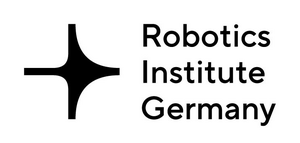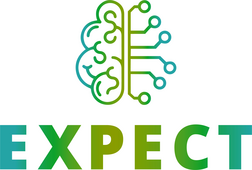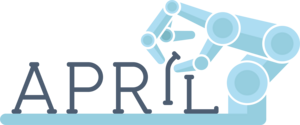
Research Departments
- Agents and Simulated Reality 1
- Cognitive Assistants 1
- Cooperative and Autonomous Systems 1
- Embedded Intelligence 1
- Innovative Factory Systems 1
- Robotics Innovation Center
Research Topics
- Autonomous Systems 4
- Human-Machine Interaction
- Image Recognition & Understanding 3
- Machine Learning & Deep Learning 7
- Other 1
- Robotics
- Sensors & Networks 2
Fields of application
- Environment & Energy 2
- Farming & Agricultural Technology 2
- Health & Medicine 2
- Industrie 4.0
- Learning & Education 1
- Mobility 2
- Other 2
- Smart Home & Assisted Living 3
- Trade & Logistics 4
Search narrowed by:
Displaying results 1 to 8 of 8.
Research Departments
- Agents and Simulated Reality 1
- Cognitive Assistants 1
- Cooperative and Autonomous Systems 1
- Embedded Intelligence 1
- Innovative Factory Systems 1
- Robotics Innovation Center
Research Topics
- Autonomous Systems 4
- Human-Machine Interaction
- Image Recognition & Understanding 3
- Machine Learning & Deep Learning 7
- Other 1
- Robotics
- Sensors & Networks 2
Fields of application
- Environment & Energy 2
- Farming & Agricultural Technology 2
- Health & Medicine 2
- Industrie 4.0
- Learning & Education 1
- Mobility 2
- Other 2
- Smart Home & Assisted Living 3
- Trade & Logistics 4






